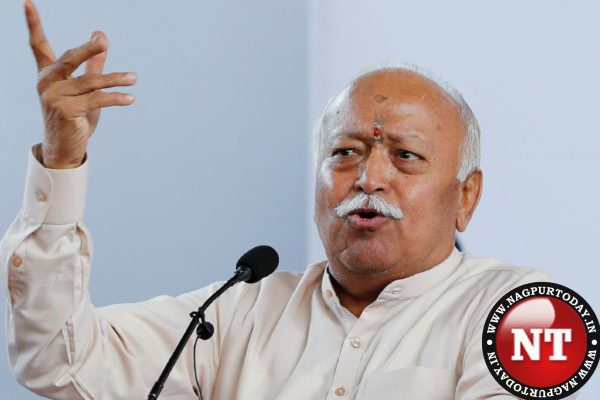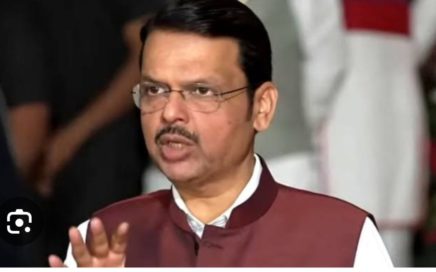
The ongoing Hindu-Muslim discourse in India has sparked concern within the Rashtriya Swayamsevak Sangh (RSS). While RSS chief Mohan Bhagwat refrained from naming any specific leader, his recent remarks suggest a shift in the organization’s approach to its long-standing Hindutva agenda. Bhagwat’s comments, delivered during the ‘Sahjeevan Vyakhyanmala’ event in Pune, emphasized fostering harmony in society and indirectly criticized those attempting to use religious controversies for political gain.
A Call for Harmony Amid Rising Tensions
Addressing the gathering, Bhagwat expressed disapproval of recent disputes over temples and mosques, which he views as politically motivated. He warned against exploiting such issues to position oneself as a leader of Hindus, describing this approach as unacceptable. Without explicitly mentioning anyone, Bhagwat’s remarks seemed to target those leveraging controversies like the Gyanvapi mosque surveys and similar disputes in places like Sambhal and Ajmer Sharif.
A Shift in the RSS Narrative?
Bhagwat’s tone reflects a deviation from the RSS’s traditional stance on Hindutva. Historically, such critiques were expected from opposition parties like Congress, not the RSS. In September 2024, Bhagwat had already taken a similar stand, discouraging the excessive use of slogans like “Jai Shri Ram” and calling for restraint in raising new religious issues. His recent remarks reinforce this perspective, suggesting a broader concern over the politicization of religious matters.
Is Yogi Adityanath the Unnamed Target?
Speculation abounds that Bhagwat’s comments might be aimed at Uttar Pradesh Chief Minister Yogi Adityanath. The RSS’s discomfort with Adityanath’s assertive leadership style and his controversial statements—such as linking religious texts to specific locations like Sambhal—has fueled these conjectures. Some within the BJP have also raised concerns about Adityanath’s perceived independence, which they attribute to his reliance on the RSS’s support.
Implications for BJP and Hindutva Politics
Bhagwat’s remarks come at a time when the BJP faces increasing scrutiny from opposition parties. By advocating for an inclusive society and adherence to constitutional values, Bhagwat’s statements align more with narratives traditionally promoted by opposition leaders like Rahul Gandhi. This unexpected alignment has sparked debates about whether the RSS is distancing itself from hardline Hindutva to adopt a more centrist approach.
What Lies Ahead for the Hindutva Agenda?
Mohan Bhagwat’s call for harmony and restraint challenges the aggressive pursuit of religious-political agendas. By urging leaders to focus on societal unity rather than divisive issues, the RSS chief signals a potential recalibration of the organization’s priorities. However, this shift raises questions about its impact on the BJP’s electoral strategies and its ability to navigate an evolving political landscape.
In conclusion, Mohan Bhagwat’s recent statements underline a nuanced approach to Hindutva, emphasizing harmony over conflict. Whether this signals a long-term strategic shift for the RSS or a temporary response to political dynamics remains to be seen.















